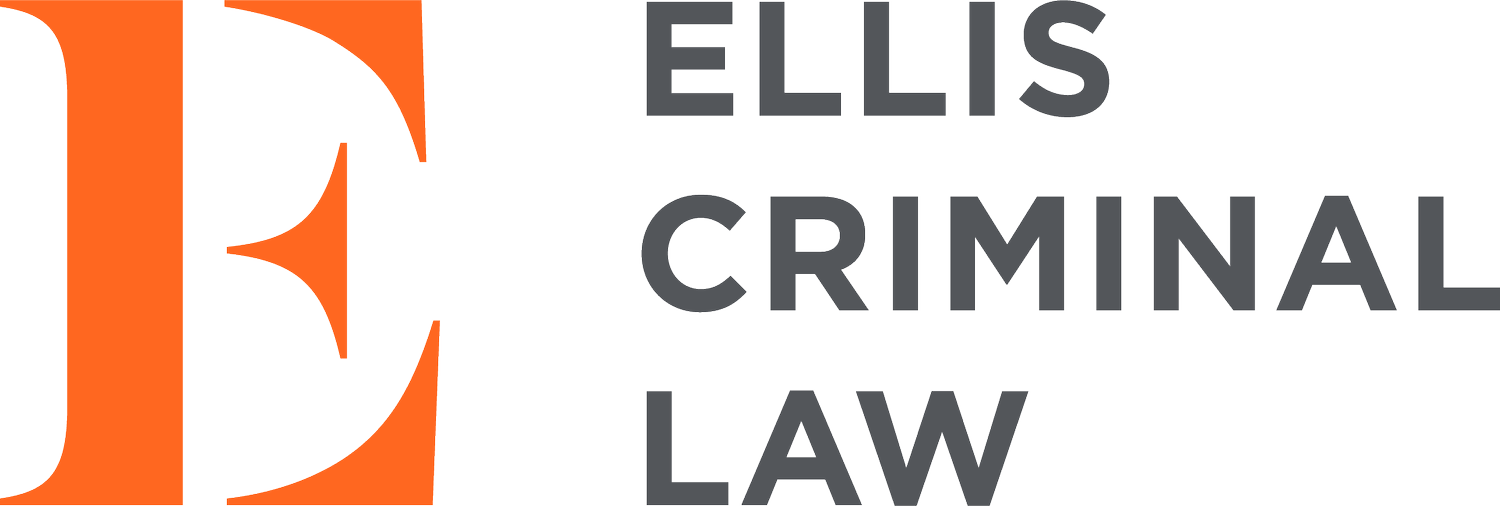Are police allowed to stop me for a R.I.D.E. program? What are my rights?
Police in Canada are legally authorized to stop drivers at random for the purpose of checking sobriety. When police stop you for a ride program, they are checking for reasonable grounds to suspect that you have consumed or are impaired by alcohol and/or drugs. Many R.I.D.E. stops begin with the officer asking if the driver has been drinking. Answering “yes” to that question or other indicia of consumption such as slurred speech, the scent of alcohol, and glassy eyes are sufficient grounds for the officer to reasonably suspect you have been drinking. Once police have these grounds, they are permitted to ask you for a roadside sample or to complete other roadside sobriety testing. During this time, your Charter right to counsel is effectively suspended.
If you fail the roadside testing, you will be placed under arrest and should be read your right to counsel at this time. You will then be transported to the police station to be subjected to more rigorous screening procedures such as a breathalyzer or the Drug Recognition Evaluation. You should be given an opportunity to speak to counsel before this test is completed. Impaired driving charges are some of the most complex and technical charges in the Criminal Code.
